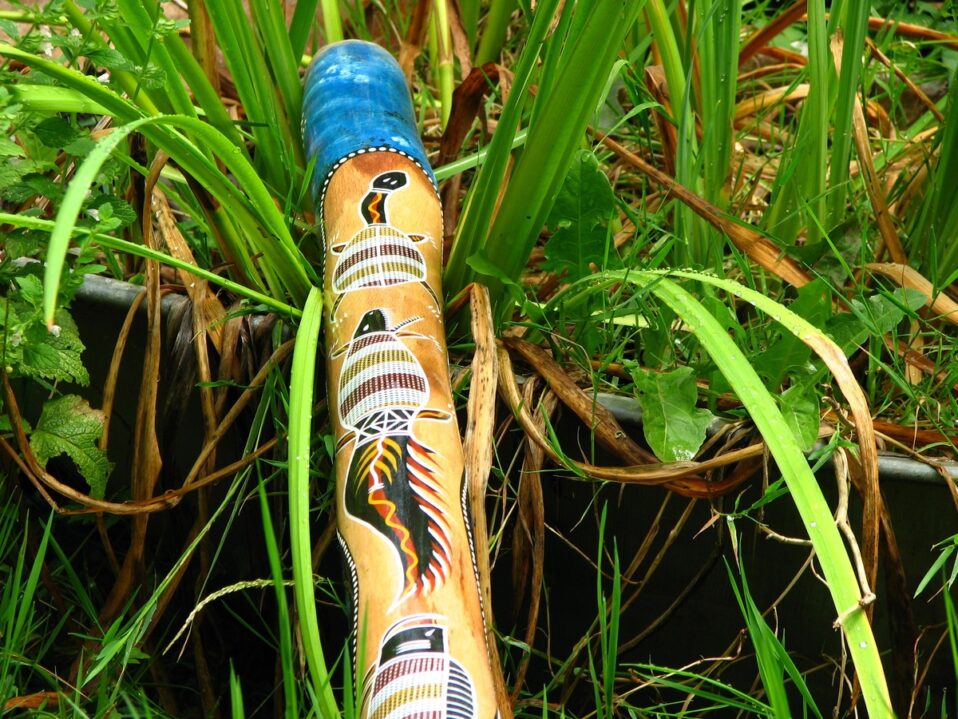November 2023
COP28, the acronym for Conference of the Parties, will hold its 28th meeting at the end of November in Dubai, United Arab Emirates. The United Nations Paris Climate Agreement took place in 2015 at the 21st Meeting of the Parties or COP21. The “parties” are member states of the UN who have signed on to the various conventions around the climate issue. 192 nations signed the Paris Agreement. The Paris Agreement’s central aim is to strengthen the global response to the threat of climate change by keeping a global temperature rise this century well below 2 degrees Celsius above pre-industrial levels and to pursue efforts to limit the temperature increase even further to 1.5 degrees Celsius. It is increasingly apparent that climate change is happening at an increasingly rapid rate. Extremely dangerous heat, unchecked wildfires in Canada and Siberia, powerful storms, rapid melting of Antarctic ice shelf, lengthening droughts, freshwater shortages, and food insecurity have appeared more and more in the daily news.
Pope Francis has announced that he will attend COP 28. He is the first Pope to ever attend such a gathering of world leaders. In his recent Apostolic Exhortation, Laudate Deum, he repeats many of the messages of Laudato Si: On Care for Our Common Home which he released in 2015 prior to the Paris Climate Conference. You can see his pattern – Laudate Deum comes only a few weeks prior to the opening of the COP28 in Dubai.
Scientists are watching with great concern the speedup of loss of ice in the Antarctic and the implications for sea level rise. Liquified natural gas exports from the U.S. have risen dramatically and it is not a good sign for climate efforts. It is inconceivable how the U.S. can claim to be reducing its carbon footprint at home while exporting fossil fuels to be burned elsewhere by other nations.
In Laudato Deum, Pope Francis urges those of us living in the global north to contact our government to urge them about COP 28 concerns. The wealthy nations have tremendous influence, especially the United States and the EU. We need to do better on the question of Loss and Damage. We need to do better on the issue of reducing the debt of poor nations. The fossil fuel industry will protect their assets but member states can still press governments on the financial obligations we owe to poorer nations. Each of us can have an impact. Here is a link to contact President Biden: https://www.whitehouse.gov/contact/.
One of the outcomes of COP 27 was the establishment of a new loss and damage entity which will help developing countries to cope with the droughts, floods, storms, and other climate-induced catastrophes, whether their onset was fast or slow. In the wake of this landmark agreement, the focus now shifts to figuring out how to make this fund operational and able to receive substantial contributions to fulfill its enormous task. That will be one of the essential agenda items at COP28.
According to the UN Foundation the following are other major issues to be addressed at COP 28 and throughout 2023:
- “Nothing that happened at COP 27 will diffuse the mounting pressure on countries to demonstrate at COP 28 in Dubai that they will take immediate and decisive action to keep the goals of the Paris Agreement within reach.”
- “At COP 27, countries gave themselves a year to establish this new loss and damage facility and to organize other avenues and channels of funding accordingly.”
- “There will be many opportunities to make further progress on food, agriculture, and climate in the year ahead — thanks to the newfound prominence on the global climate agenda.”
- “In the coming year, we should expect the ‘mainstreaming’ of the ocean into global consciousness, and the recognition of the ocean as a source of solutions for humanity, to continue.”
- “An effective global goal on adaptation would help the world to measure its progress and put the issue on more equal footing with mitigation.”
On a positive note for the U.S., 2022 delivered important progress in the climate change fight. The United States enacted its first-ever climate legislation. The Inflation Reduction Act will inject an unprecedented $369 billion of public spending and tax credits into the U.S. economy to boost clean energy clean infrastructure, and climate resilience over the next decade. The U.S. states will play a critical role in delivering the benefits of the Inflation Reduction Act.”


